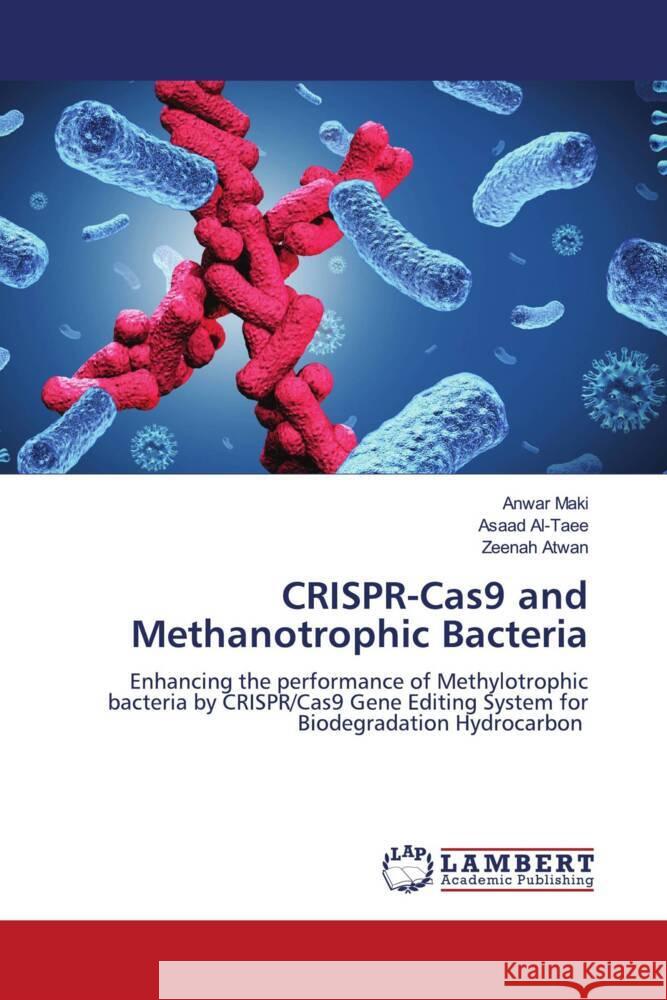CRISPR-Cas9 and Methanotrophic Bacteria » książka
CRISPR-Cas9 and Methanotrophic Bacteria
ISBN-13: 9786207458868 / Angielski / Miękka / 176 str.
The study is designed to develop genetic modification approach in methylotrophic bacteria through an effective expression system to enhance the ability of bioremediating bacteria to consume oil in polluted areas. The identification of bacterial isolates done based on morphological traits and the gene 16S rRNA. All analyzed sequences had an expected (E) value of 0, and more than 99% of the reported valid genera are very closely related to the BLASTN identity percentage and identified as Methylorubrum extorquens and Pseudomonas balearica. The plasmid-treated CRISPR-Cas9 system was used in M. extorquens and P. balearica, and qPCR technology showed the expression of the MDH gene increased 6 folds in CRISPR-MDH-treated M. extorquens. In CRISPR-treated P. balearica, pMMO gene expression rose 25 fold. The CRISPR- Cas9 technology was chosen to study and utilize to improve the biodegradation efficiency of hydrocarbons. To our knowledge in this study, methylotrophic bacteria are isolated for the first time in Iraq, and in addition to that, globally this the first time used, aCRISPR-Cas9 system to increase the effectiveness of these bacteria in the biodegradation of hydrocarbon.











